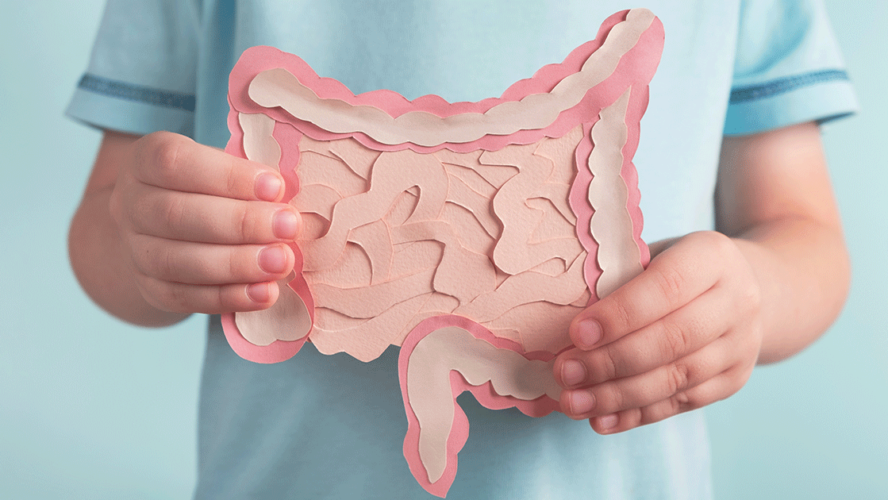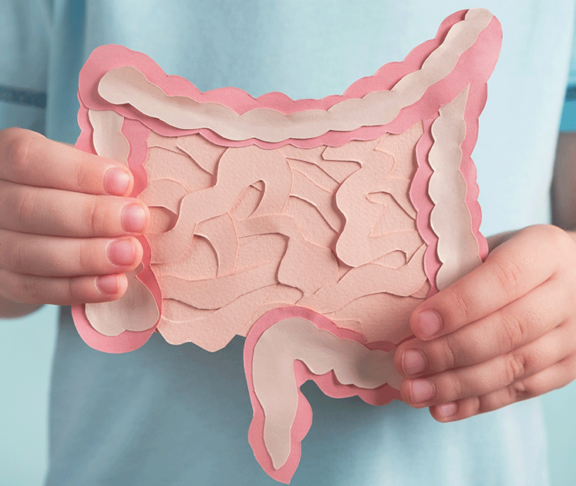
Kelsey Cheyne
Executive Director, Canadian Digestive Health Foundation
Digestive conditions affect millions of Canadians, it’s important to understand what they are and how they impact you.
Your digestive system is made up of the digestive tract that extends from your mouth to your bum, other abdominal organs such as the liver and pancreas, and the trillions of bacteria that call your gut home. Every single piece of food you eat works its way through this system. When working well, it breaks down that food into the nutrients and energy you need to take on every single day.
Scientists now know that the trillions of bacteria in your gut influence your immune system, the development of chronic disease, and your mental health. When something goes wrong, we’re reminded just how important our digestive system is because we suffer with pain, we’re tired, and our day-to-day life is interrupted.
Scientists now know that the trillions of bacteria in your gut influence your immune system, the development of chronic disease, and your mental health.
We all experience digestive problems from time to time. But when these symptoms persist, they may require medical attention.
A few common digestive conditions include:
- Inflammatory bowel disease (IBD) includes two separate disorders that cause inflammation and ulceration of the small and large intestine: Ulcerative colitis and Crohn’s disease. IBD can be painful and debilitating and may even lead to life-threatening complications.
- Gastroesophageal reflux disease (GERD) is the result of a disordered valve mechanism between the esophagus (swallowing tube) and the stomach. The valve, or lower esophageal sphincter (LES), opens during swallowing to allow food to enter the stomach and then closes to prevent food and stomach secretions from moving backward into the esophagus. When the LES fails to close correctly, the stomach contents — which are acidic and contain digestive secretions — can flow back into the esophagus. This reverse flow (reflux) of food, acids, and the digestive enzyme pepsin can cause damage to the esophageal lining and resulting heartburn.
- Irritable Bowel Syndrome (IBS) is not to be confused with Inflammatory Bowel Disease. In Irritable Bowel Syndrome there’s nothing structurally wrong with the gut, but rather something wrong with how the gut moves and senses digestion. This can lead to symptoms of bloating, abdominal pain, and changes in bowel habits like constipation, diarrhea, or both.
Millions of Canadians of all ages are affected by digestive conditions, some of which are preventable. If you think you may have one, don’t hesitate to speak with your doctor. Visit cdhf.ca to learn more about digestive health.


